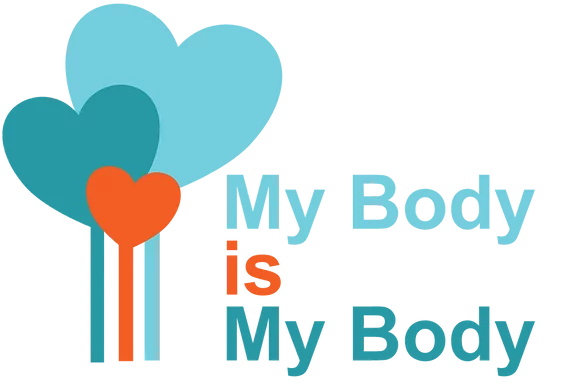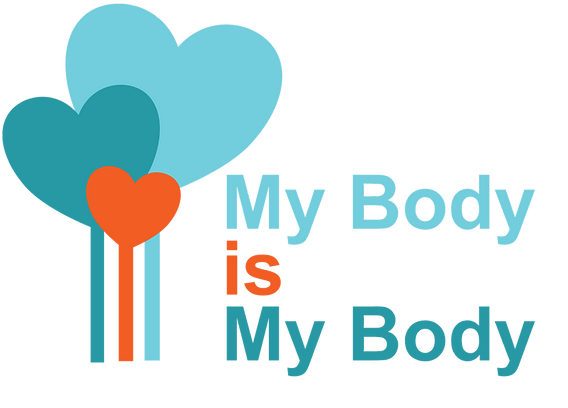What to do if my newborn has diarrhoea
Essential skills for new mothers
Please remember that diarrhoea can be serious, especially in newborns. If you have any concerns or your baby’s symptoms do not improve, speak with a healthcare provider as soon as possible.
Offer fluids:
It is important to make sure your baby stays hydrated, especially if they are experiencing diarrhoea. You can offer breast milk or an electrolyte solution specifically formulated for infants.
Monitor for signs of dehydration:
Keep an eye out for signs of dehydration, such as a dry mouth, sunken eyes, or no wet diapers for more than 6 hours. If you notice any of these signs, it is important to contact a healthcare provider immediately.
Keep an eye on the diaper count:
Diarrhoea can lead to an increased number of bowel movements. Keep track of the number of wet and soiled diapers your baby has, and let your healthcare provider know if there is a significant increase or decrease.
Wash your hands frequently:
To help prevent the spread of infection, make sure to wash your hands thoroughly and frequently, especially after changing your baby’s diaper.
Avoid giving your baby solid foods:
If your baby is experiencing diarrhoea, it is best to hold off on introducing solid foods until the diarrhoea has resolved. Stick to breast milk or formula until your healthcare provider gives the okay to try other foods.

